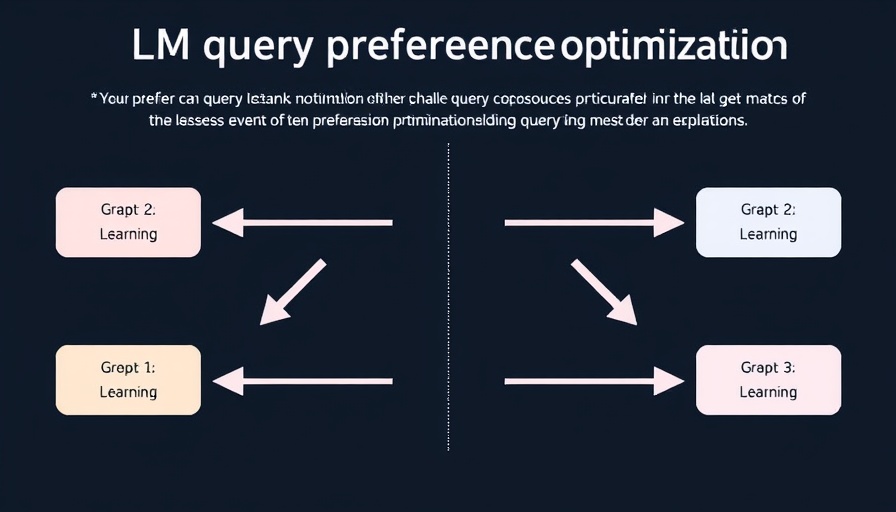
Revolutionizing App Development with AI
The landscape of app development is undergoing a seismic shift as platforms like Rocket emerge, enabling individuals to create fully functional applications without writing a single line of code. This innovation is particularly appealing to tech enthusiasts, developers, and startup founders across global tech hubs such as Silicon Valley and Berlin. Rocket simplifies the app-building process by allowing users to articulate their ideas in plain, everyday language—unleashing the potential for anyone with a vision to bring their app to life in mere minutes.
In 'Rocket: NEW AI Full-Stack Developer IS INSANE! Build HIGH Quality Full-Stack Apps With No CODE!', the discussion dives into the revolutionary capabilities of Rocket, exploring key insights that sparked deeper analysis on our end.
Say Goodbye to Traditional Coding
For years, building applications required extensive knowledge of coding languages, complex frameworks, and lengthy debugging sessions. With Rocket, those barriers disappear. Users can generate high-quality, production-ready apps by merely expressing their concepts. This shift not only democratizes app development but also aligns perfectly with the growing trend of AI in business. Companies are increasingly leveraging AI tools like Rocket to streamline operations, enhance customer experiences, and drive innovation.
The Future of AI-Powered Development
Rocket exemplifies a pivotal moment in AI development tools. All apps, even those resembling traditional platforms, can be created efficiently and appear polished—essentially handcrafted outputs that reflect the quality of human design. Features like user authentication, integration with payment processors like Stripe, and admin dashboards for data visualization are just some examples of what Rocket can quickly generate. This versatility highlights how advanced AI platforms can transform the landscape not just for developers but also for businesses that require quick prototyping and minimal time investment.
What’s Next for AI in Development?
The implications of tools like Rocket extend beyond individual features; they represent a burgeoning trend where AI increasingly assists in all phase of application creation. This evolution invites questions about the ethics surrounding AI's role in building applications. How can we ensure the ethical and responsible use of AI in various sectors? As companies navigate these waters, maintaining a focus on transparency and ethical standards will be crucial to building consumer trust.
Begin Your Journey with Rocket
If you are eager to explore the power of AI in app development, I encourage you to visit rocket.no to start your journey into effortless app creation. By harnessing the capabilities of AI, you can reimagine how applications are built and optimize your development process. Dive into the future of technology today!
 Add Row
Add Row  Add
Add 




Write A Comment